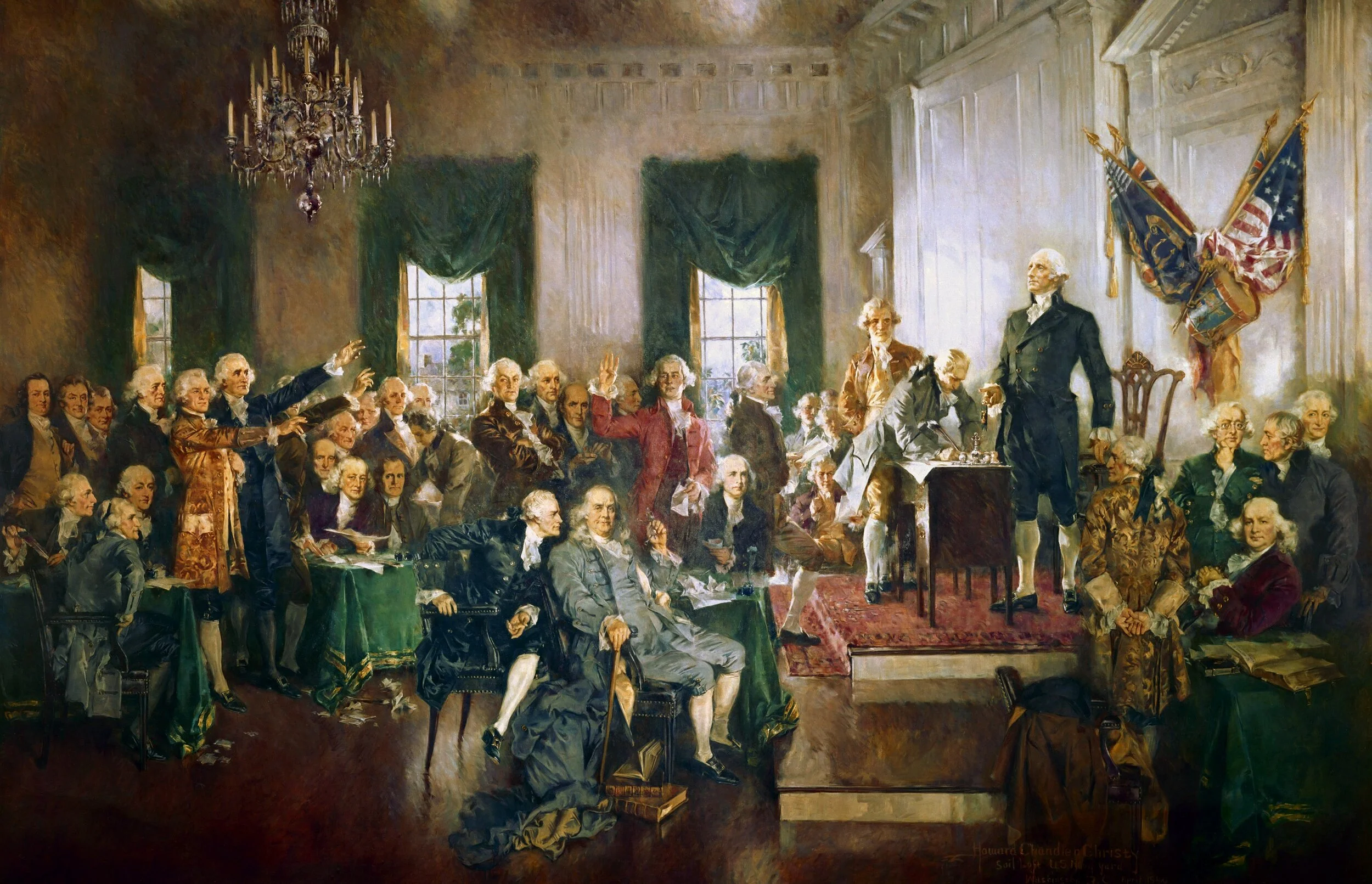Voting With Your Feet
/Charles M. Blow, an opinion writer for the New York Times, has written a book suggesting a great idea. He envisions an entirely new sort of democratic process – one that could be less controversial and shadowy, and that could work better than the one we have.
Blow didn’t set out to change America’s democratic processes. His purpose in writing “The Devil You Know: A Black Power Manifesto” is to improve civic and economic life for black people. He believes that if black people from across the country – chiefly from northern and western states – move in massive waves back to the deep South, they can benefit.
By concentrating their political power in key Southern cities, Blow posits, Black Americans will be able to effect actual social change. "The mission begins with the states, which are the true centers of power in this country, and as such control the lion's share of the issues that bedevil Black lives: criminal justice, judicial processes, education, health care, economic opportunity and assistance."
A century ago, black people moved from the rural South to big cities in the North and West. They found work opportunity in factories. But they didn’t find an altogether warm welcome.
“The initial benefits of the Great Migration have given way, in many ways, to a stinging failure,” he writes, pointing to the “perpetual oppression” of brutal police tactics, housing discrimination, resurgent white nationalism and the political powerlessness African Americans endure in their new climes. “Black people fled the horrors of the racist South for so-called liberal cities of the North and West, trading the devil they knew for the devil they didn’t, only to come to the painful realization that the devil is the devil.”
The difficulties of the black experience in the north is documented in the art and culture of the nation. Blues music is split into two strains — an acoustic style that reflects a backwards life in Mississippi and the rural south, and an electric style that expresses the difficulties of life in Chicago and other northern cities.
The black struggle in the north appears as well in poetry and drama. One of the most emotionally draining experiences a theater-goer can have is to attend a performance of A Raisin in the Sun — the story of a black family in Chicago. In the scene shown at right, Sidney Poitier has just moved his family to a better neighborhood. An eager little white man visits and explains that the people in the neighborhood are very interested in keeping everything nice and proper. At first, Poitier takes this as a welcome message. But slowly it becomes clear that the visitor is saying, “We like to keep our neighborhood nice, so we don’t want you here!”
Getting back to Charles Blow, he is effectively saying that people could accomplish their political and social goals better if they would move around and form majorities than by staying in one place and hoping their minority circumstance will improve.
That is actually a very sound idea.
As a means of expressing voter preference, mass migration could be better than elections. If all the people who want some policy priority (say, legalized marijuana or clean water or better schools or more guns or less guns) would all move into the same community, they could adopt the policies they want with nobody to oppose them. If the population of the community strongly supported the policy, it would not be resisted or defied. People would get the government they deserved.









